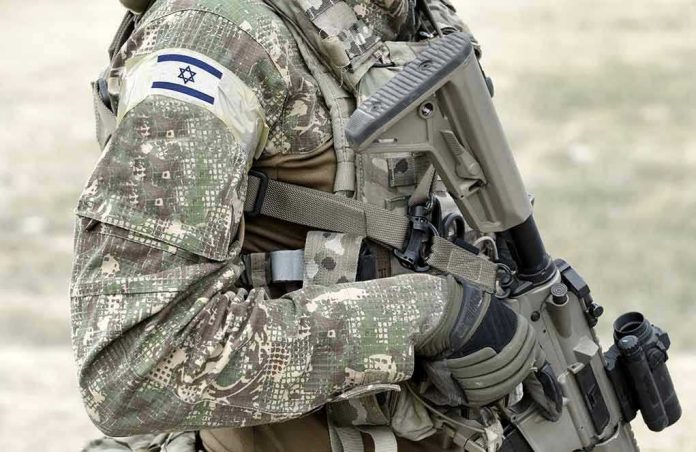
Masked men set fire to hope and homes in a flash of violence that left even the soldiers called to stop them standing in the crossfire.
Story Snapshot
- Masked Israeli settlers attacked two Palestinian villages in the West Bank, torching vehicles and property.
- Israeli and Palestinian officials confirm the attacks and ensuing chaos.
- Israeli soldiers responded but clashed with settlers rather than stopping the violence outright.
- The incident exposes the volatile fault lines—and who stands on either side—across the West Bank.
Masked Settlers Unleash Chaos on Palestinian Villages
Dozens of masked Israeli settlers descended upon a pair of Palestinian villages in the occupied West Bank on Tuesday, igniting cars and property in a coordinated daylight attack. Eyewitnesses described a sudden, overwhelming surge: masked men arrived with clear intent, targeting anything that could burn. The violence left behind charred vehicles and smoldering debris, a signature of recent escalations in settler-Palestinian tensions that have made daily life unpredictable for West Bank residents.
Clashes erupted not only between settlers and villagers but also between the settlers and Israeli soldiers sent to intervene. The soldiers, rather than quickly restoring order, found themselves at odds with the very people they were expected to protect. Residents reported confusion and panic, as the line between attacker and protector blurred. Questions linger over what prompted such a brazen attack and who, if anyone, can ensure safety in a region where allegiances and authority often shift without warning.
Israeli Army Response Raises New Questions
Israeli and Palestinian officials alike confirmed the details of the rampage. The Israeli army, dispatched to halt the violence, faced resistance and even physical confrontation from the settlers themselves. Rather than a swift end to the chaos, the army’s presence intensified the volatility. The incident revealed not just the vulnerability of Palestinian communities but also the complexity facing Israeli authorities, who must balance law enforcement with political and social loyalties embedded in the West Bank’s patchwork of settlements and villages.
Palestinian officials denounced the attacks as part of a pattern of settler violence that has escalated in recent months, accusing Israeli authorities of failing to curb these incidents. Israeli officials, meanwhile, walked a tightrope, acknowledging the severity of the attack while seeking to avoid inflaming tensions within their own political base. The result: a public relations tightrope act as authorities attempt to project both order and allegiance to competing constituencies.
Implications for an Already Fractured West Bank
The attack laid bare the entrenched divisions across the West Bank. Settler violence against Palestinians is not new, but the brazenness of masked attackers and the army’s fraught response signal a dangerous shift. Palestinian villagers now face not only the unpredictability of sporadic violence, but also the uncertainty of whether those called to protect them can—or will—do so. The incident has fueled debates within Israeli society about the role and accountability of settlers, the army, and the government in maintaining stability and justice.
The fallout continues to ripple through both Palestinian and Israeli communities. For Palestinians, the sense of insecurity grows; for Israelis, the incident raises fresh debates about the rule of law and the limits of government authority over the settler movement. The event’s resonance will likely shape policy and perceptions for months to come, highlighting the West Bank’s position as a crucible of unresolved conflict and competing claims.
Sources:
Israeli settlers torch West Bank mosque and scrawl hateful messages after military condemnation









